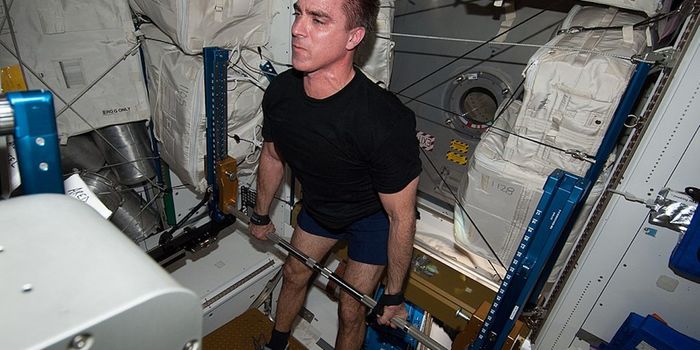Climbing Some Stairs is a Good Way to Check Heart Health
If you can climb four flights in under a minute, your heart is probably in good shape, according to new work presented at Best of Imaging 2020, a scientific meeting of the European Society of Cardiology (ESC).
"The stairs test is an easy way to check your heart health," explained study author Dr. Jesús Peteiro, a cardiologist at University Hospital A Coruña in Spain. "If it takes you more than one and a half minutes to ascend four flights of stairs, your health is suboptimal, and it would be a good idea to consult a doctor."
In this work, the researchers analyzed how daily activities like climbing stairs were connected to exercise tests that are done in a laboratory. Not only can this potentially give researchers a more accurate picture of a person’s abilities, it’s also less costly and less of a chore for the participants.
"The idea was to find a simple and inexpensive method of assessing heart health," said Dr. Peteiro. "This can help physicians triage patients for more extensive examinations."
There were 165 volunteers in this study that had a variety of symptoms of heart trouble; some had shortness of breath or chest pain when they exerted themselves, for example. The study participants used a treadmill to walk or run while gradually ramping the intensity up until they became exhausted. Their exercise capacity in this part of the test was quantified as metabolic equivalents (METs). They rested for fifteen to twenty minutes and then had to climb 60 stairs at a rapid pace without stopping, but did not run.
Next, the scientists assessed the connection between the participants’ MET achievements during exercise and while they climbed stairs; a better performance means the MET is higher. People who could climb the 60 stairs in 40 to 45 seconds had METs of nine to ten. People that needed more than 90 seconds to climb the 60 stairs had METs under eight.
Previous work has indicated that mortality rates are about one percent lower in people that achieve a MET of ten during an exercise test. METs that are lower than eight would suggest that those individuals have a two to four percent higher mortality rate annually, or an increase of thirty percent in ten years.
Images of the study participants’ hearts were also taken while the treadmill test was performed to learn more about how well they functioned. When compared to the stair climb, the researchers found that about 60 percent of patients that needed over 90 seconds to climb the 60 stairs had abnormally functioning hearts. Only 32 percent of those who climbed the stairs in under 90 seconds were found to have abnormal heart function while exercising on the treadmill.
Sources: Science Daily via European Society of Cardiology









